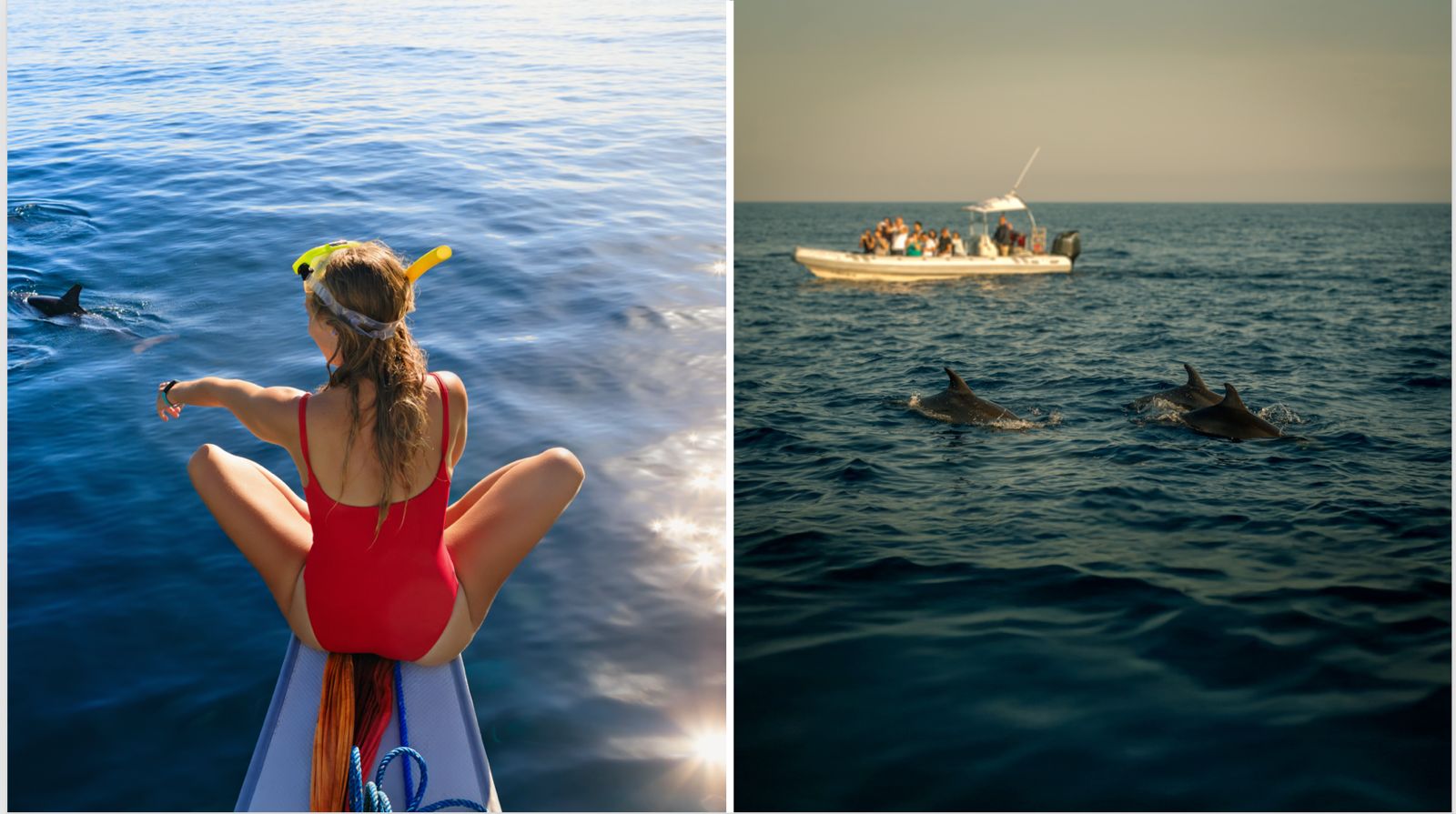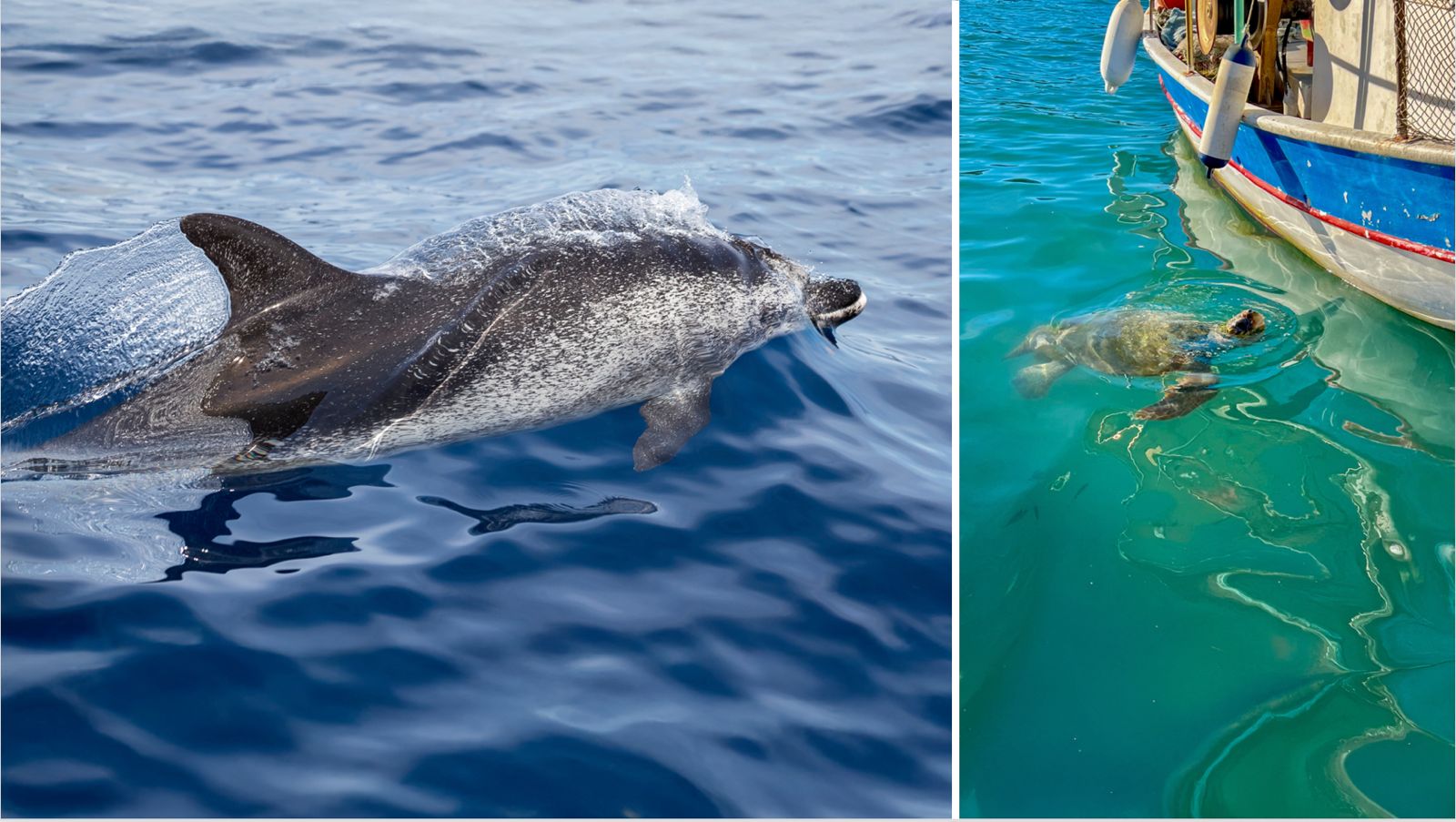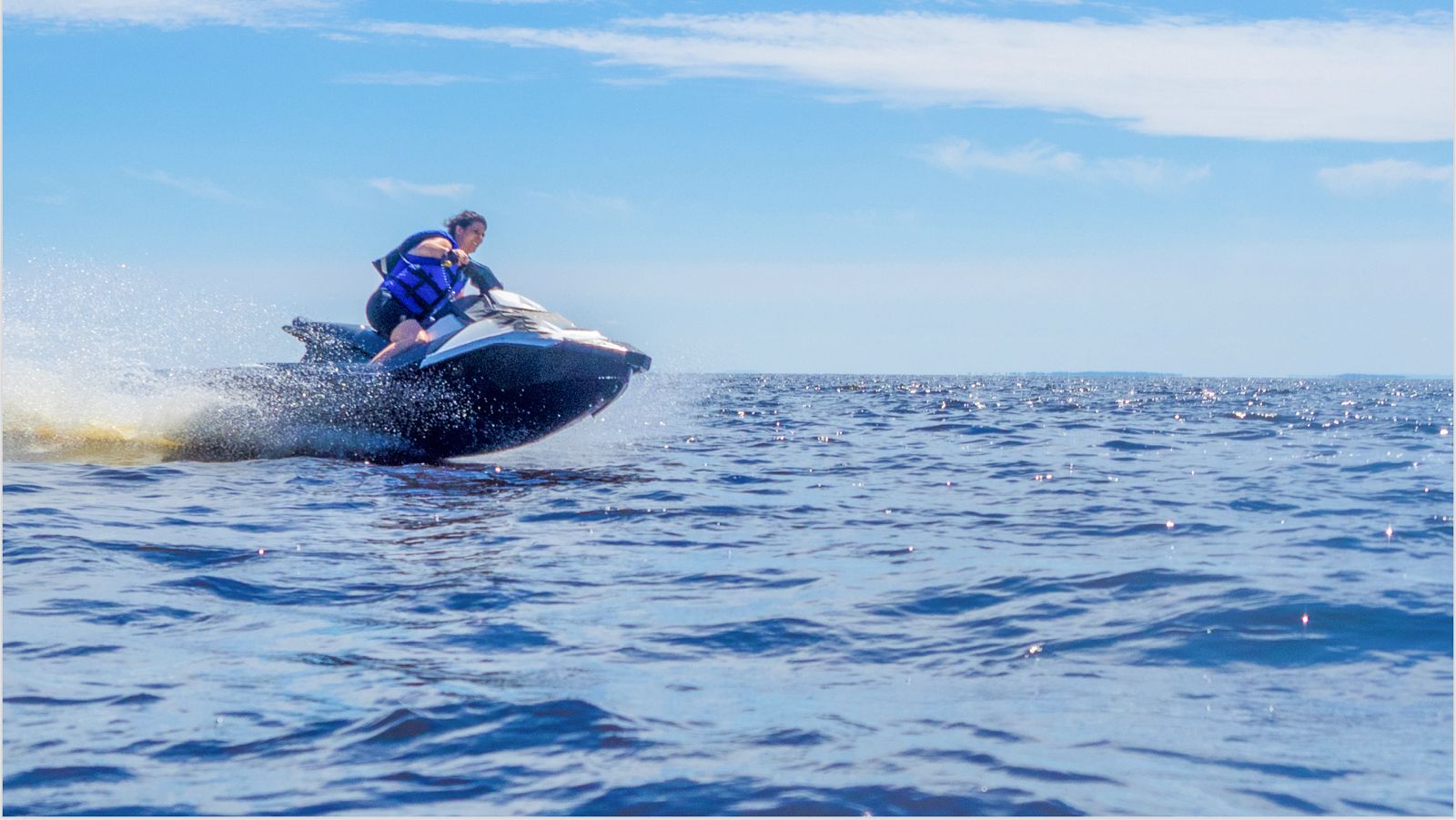We’re just visitors! Here’s how to respect dolphins and turtles in Malta’s open waters
As summer brings more boats, jet skis, and swimmers into Malta’s coastal waters, the Environment and Resources Authority (ERA) is urging the public, especially boat owners, to follow a simple but vital message: ‘Respect Marine Life.’
This awareness campaign aims to promote responsible behaviour around two of the most iconic species groups found in Maltese waters: dolphins and sea turtles. These animals are protected under both national and international law and disturbing them is not only harmful - it’s illegal.
ERA has outlined a clear code of conduct that helps people enjoy marine wildlife in a way that is safe for both animals and humans.
When you come across dolphins or turtles while out at sea, the best thing you can do is keep your distance. You should stay at least 100 metres away from the animals and maintain a slow and steady course. If you are within 300 metres, reduce your speed to no more than five knots.

It’s okay to watch them quietly from the side – after all, they’re majestic creatures to look at! In fact, if the animals are curious and choose to approach you, let them come on their own terms.
A calm presence can make all the difference. Try to lower your voice and minimise engine noise. If you’re listening to music, turn it down or off near marine life. Dolphins and turtles are sensitive to loud and sudden sounds which can cause stress or disorientation. And remember – dolphins rely on sound to navigate and communicate and excess noise can interfere with that.
Above all, let wild animals behave naturally. That means allowing them to move freely, without interference or artificial attraction.

However, as breathtaking as it is when you encounter wildlife, there are several things you should never do around dolphins and turtles. First and foremost: do not chase, follow, or try to touch them. While it may be tempting to swim alongside them or snap a close-up photo, this can frighten them or cause injury.
Avoid cutting across their path, blocking their way, or circling around them. Sudden movements, especially from boats or jet skis, can be perceived as threats.
Jet ski users, in particular, are reminded that their watercraft isn’t invisible. Always stay alert and slow down in Marine Protected Areas (MPAs) and other areas where wildlife is common.

Lastly, do not feed dolphins or turtles. Throwing food into the sea, offering bait or encouraging animals to come closer for a meal teaches them to rely on humans and disrupts their natural feeding patterns.
Malta's marine wildlife is a national treasure and a fragile one too! By following this code of conduct, boat owners and sea users can help protect the delicate balance of marine life for future generations.
So next time you head out on the water, ride with care, stay aware and always respect marine life.
Remember: It's their sea. It's their home. We're just visitors!